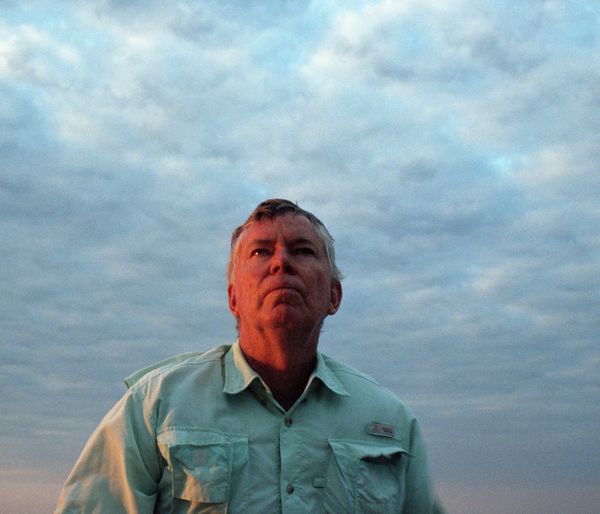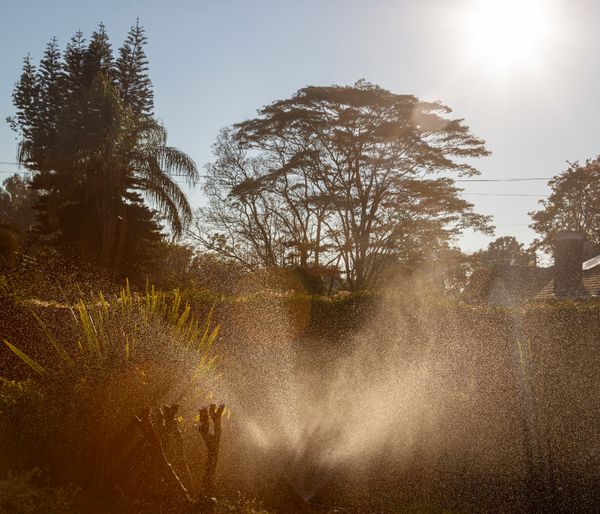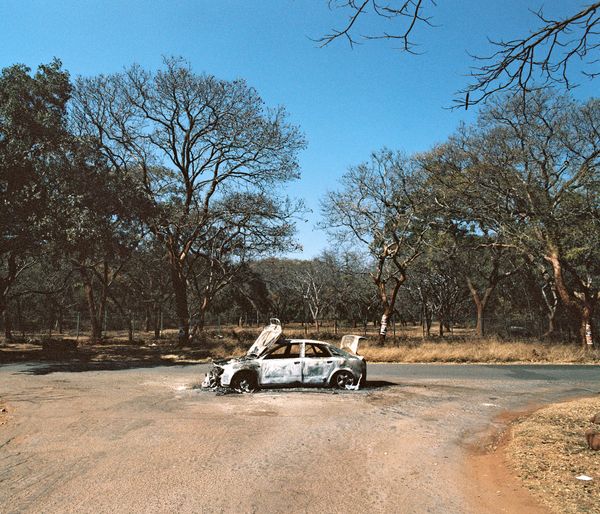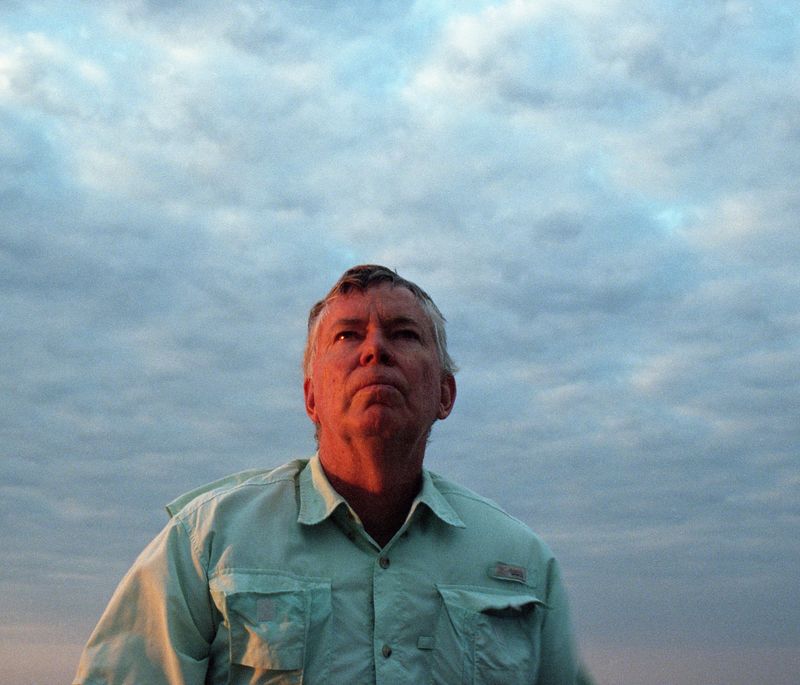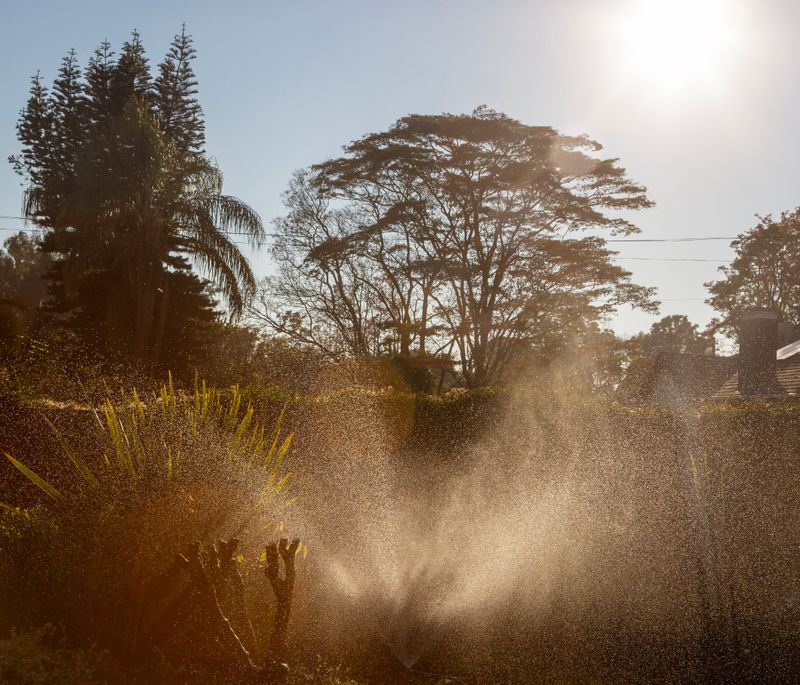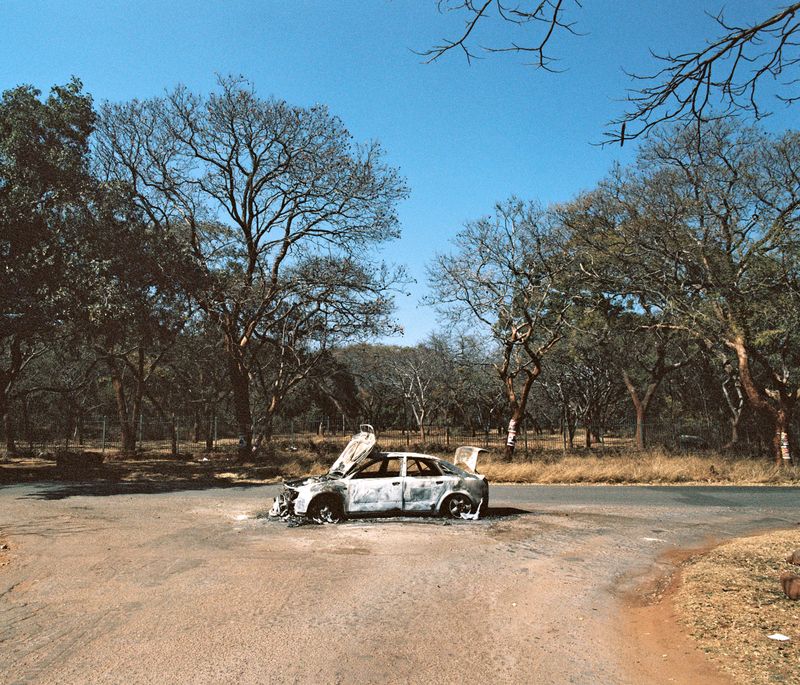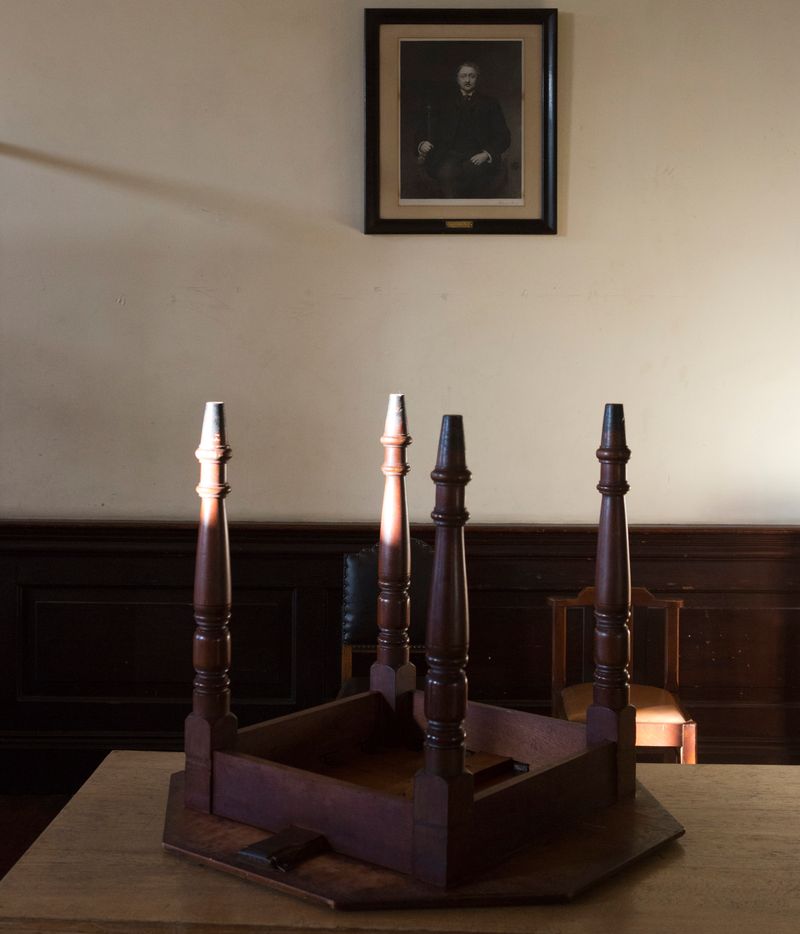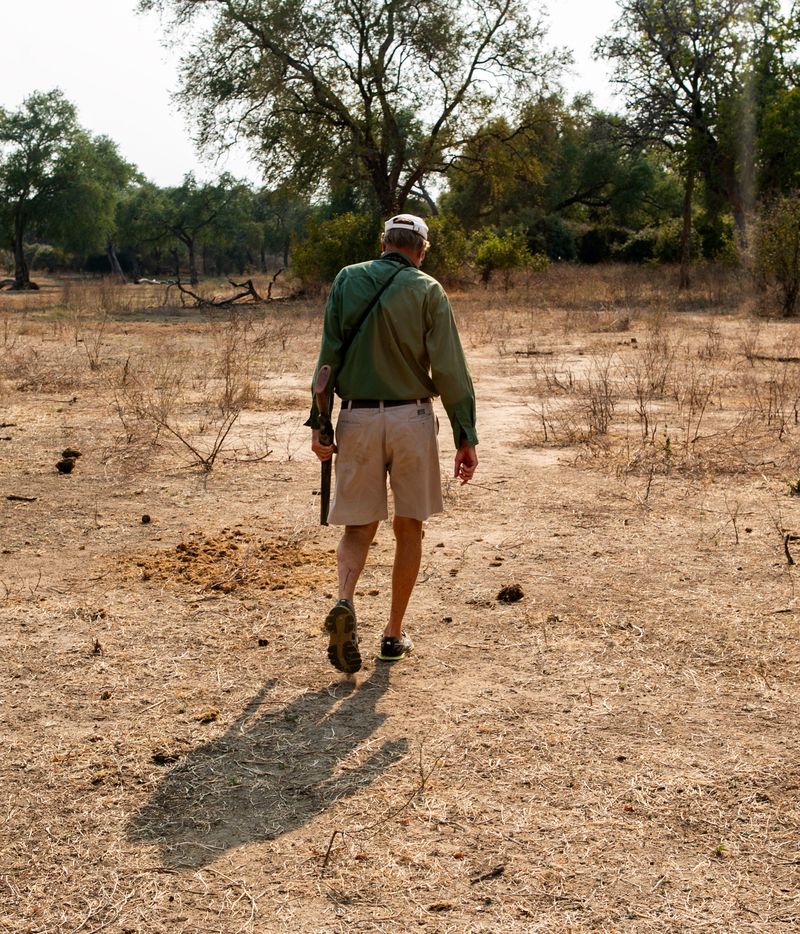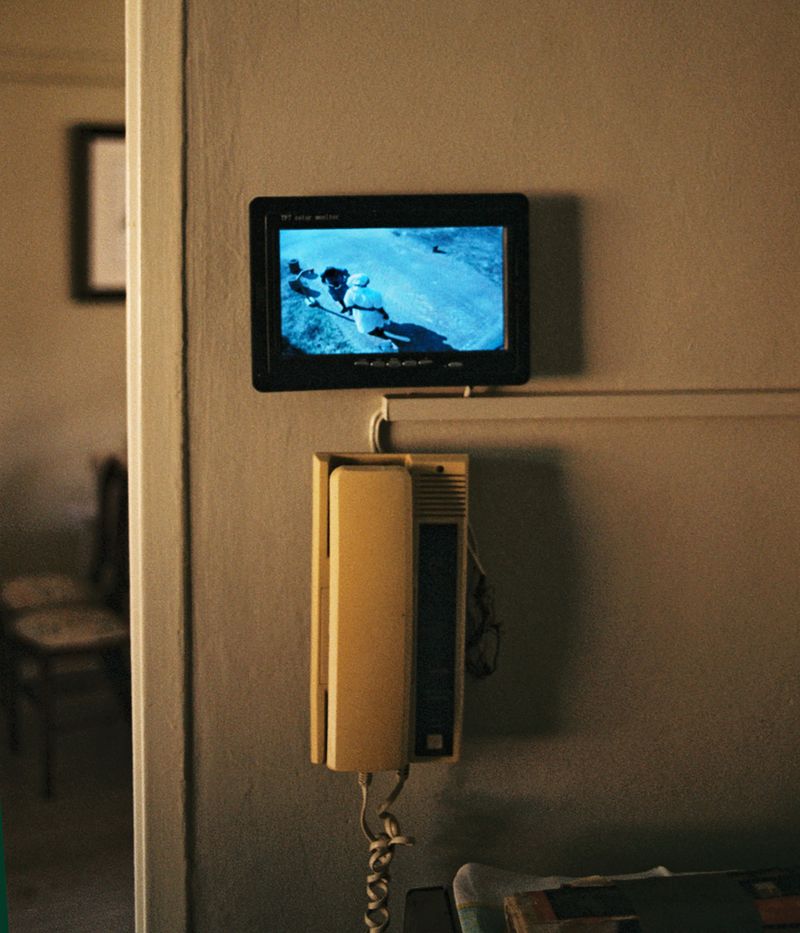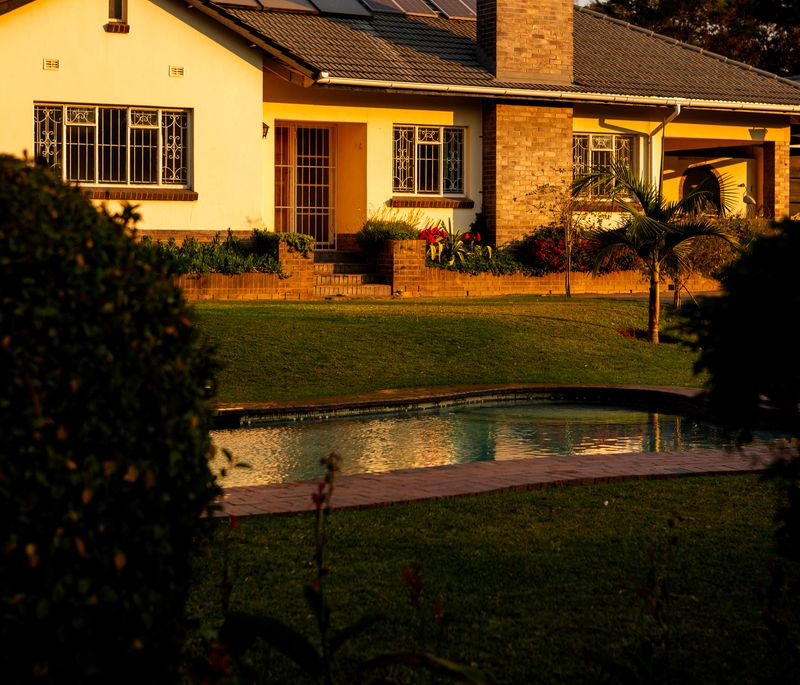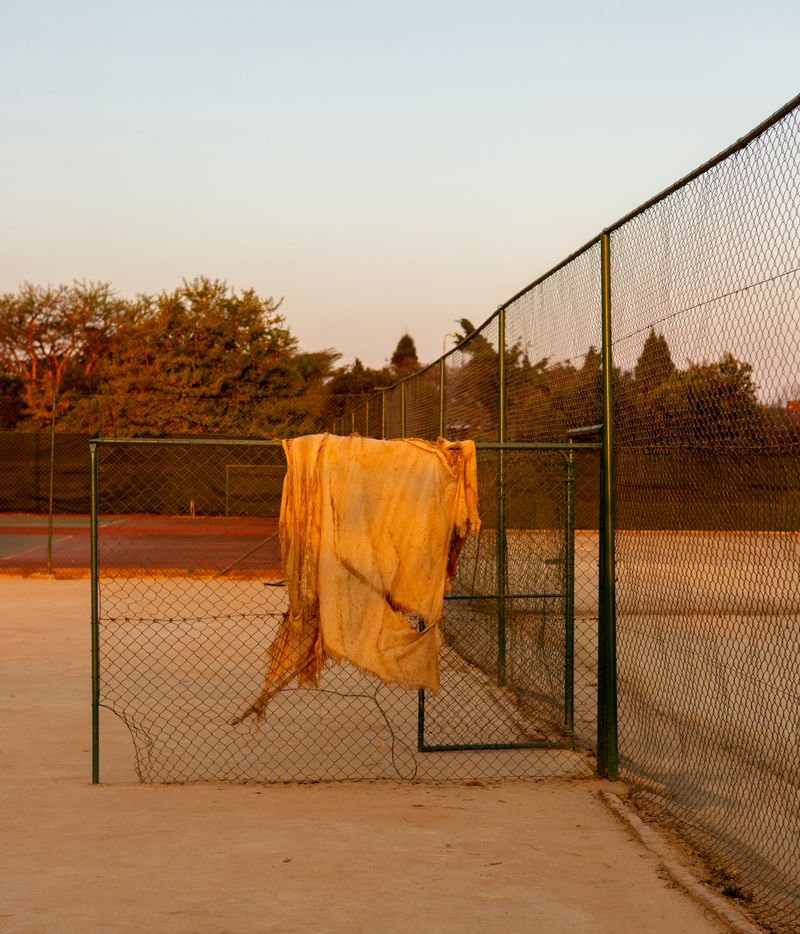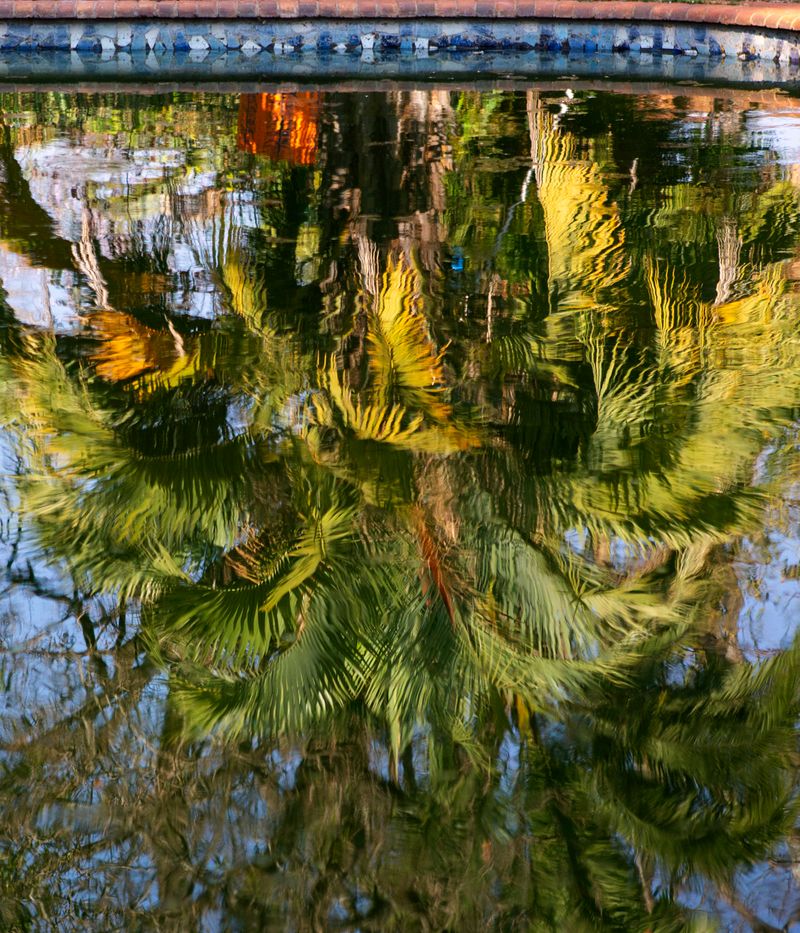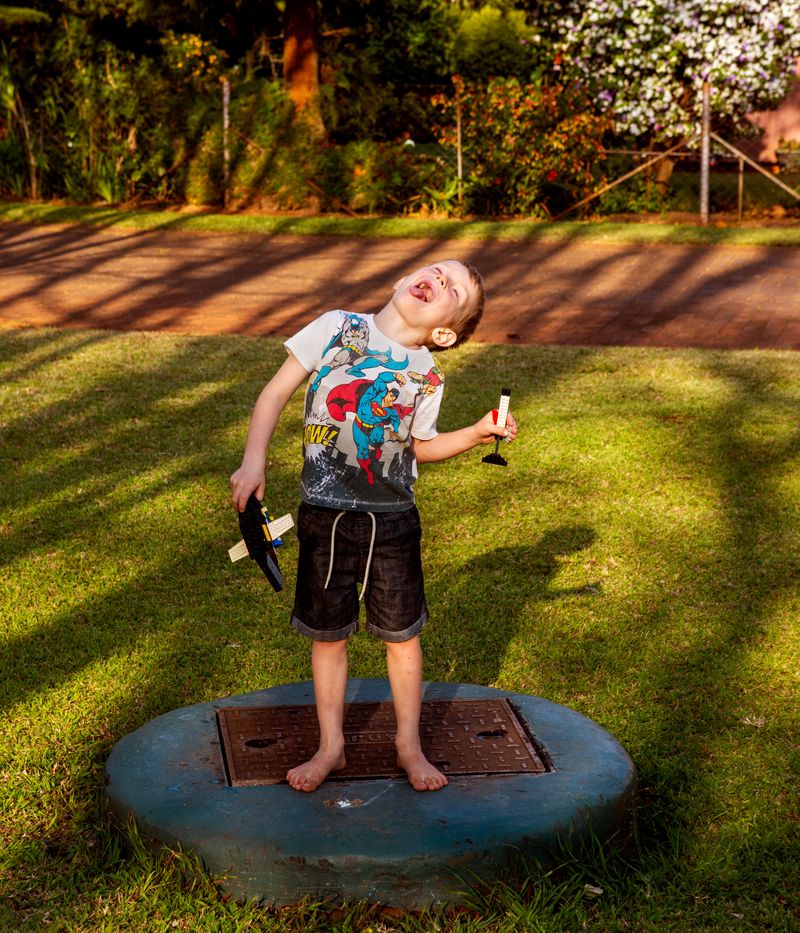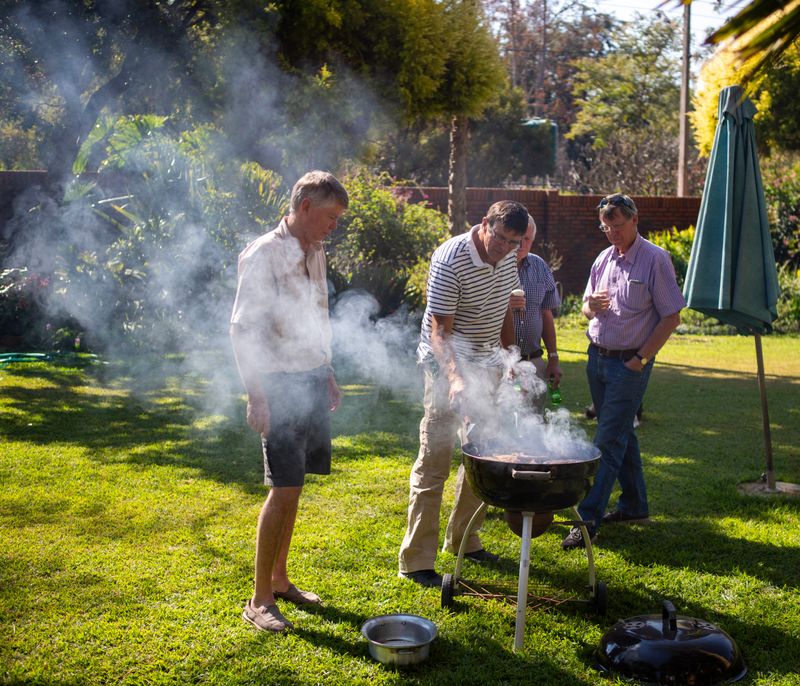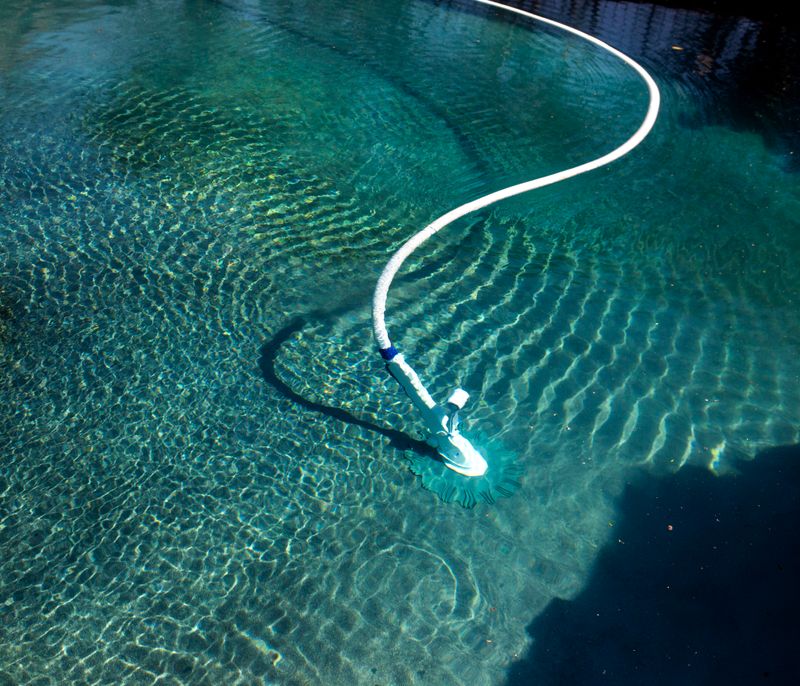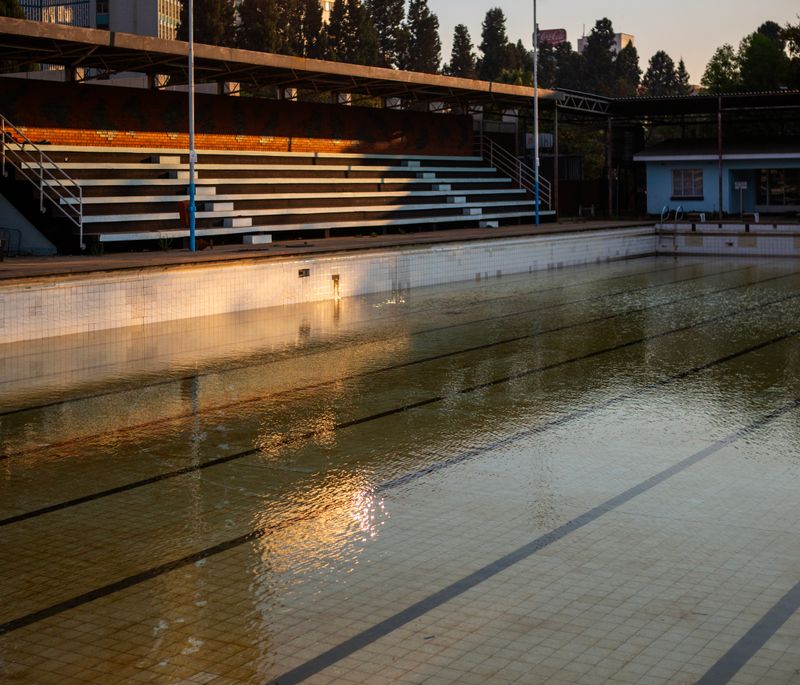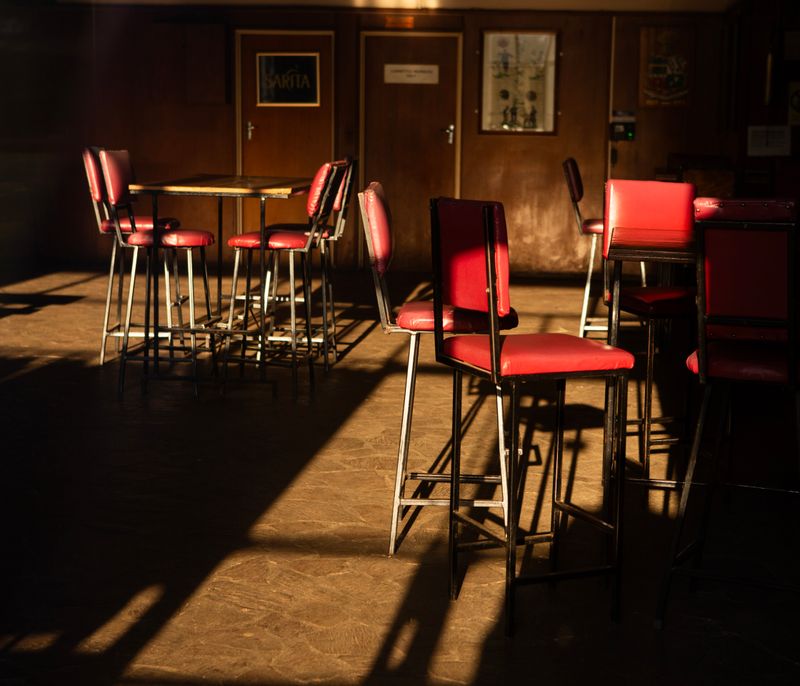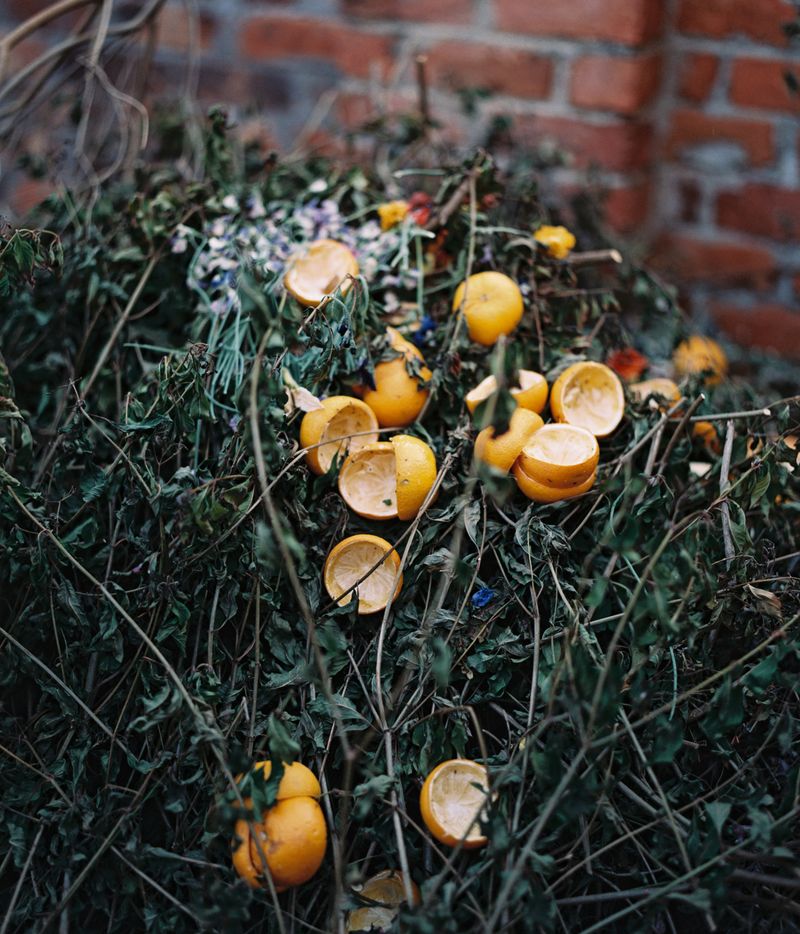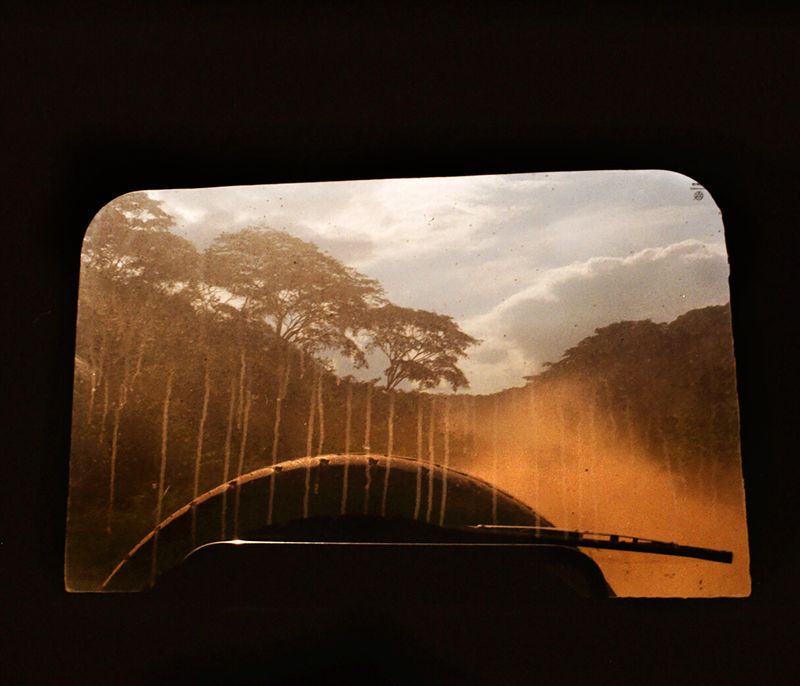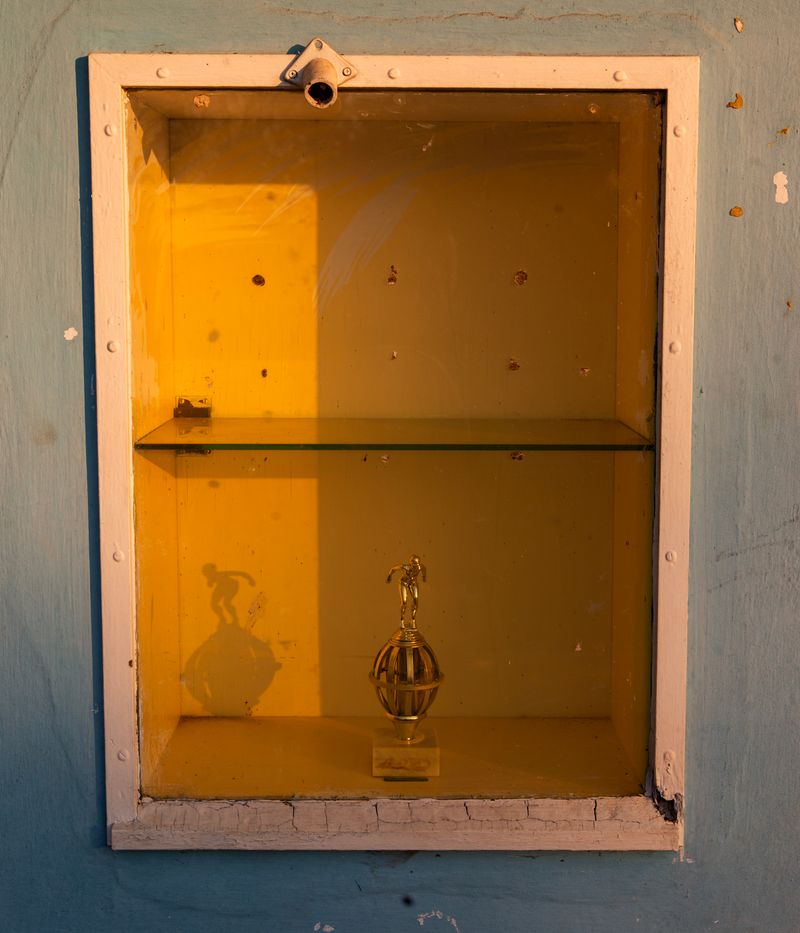Born in Africa. Death Unknown
-
Dates2018 - Ongoing
-
Author
- Topics Contemporary Issues, Documentary, Nature & Environment, Social Issues
- Location Zimbabwe, Zimbabwe
This body of work aims to question my roots and the culture I was born into. It is an exploration of white identity, white privilege, and white African belonging in post-colonial Zimbabwe.
One of the primary attractions in emigrating to the colony of Rhodesia was the allure of ‘the Rhodesian way of life’. My English grandparents emigrated in 1955 and loved it so much they never left.
My grandparents and their friends, my parents and their friends, all spent a considerable amount of outdoor time playing golf, tennis and swimming - in many ways these activities were central to white Rhodesian identity with leisure activities and sports clubs playing a pivotal role in transmitting and reinforcing the values of White Rhodesia. As Peter Godwin would write in his book, Rhodesians Never Die, ‘time was for passing in recreation, not social change’.
The pinnacle of this ‘Rhodesian Dream’, was to have your very own swimming pool, not only did you have a gardener to permanently maintain it, but it also meant you were comfortable enough to afford its upkeep. It was the apex in the white society pyramid characterised by domestic workers, tennis courts, and generous quantities of alcohol. Most schools had their own swimming pools and public pools were amply dotted around the cities - being able to enjoy the abundantly good weather was important, as was the idea that everyone should have the opportunity to partake in the Rhodesian lifestyle. Having a swimming pool was something to aspire to; it inadvertently became, and remains, a symbol of privilege.
Whilst many things have changed in Zimbabwe - independence, the emergence of the black middle class, land reform, water shortages, and ongoing economic instability, many of the mentalities and legacies associated with the heyday of the swimming pool, and what it represents, have not.
This body of work is an examination of white identity, white privilege, and white African belonging in post-colonial Zimbabwe. It is about the end of the British empire, the winds of change, and a reflection on a way of life that shaped my upbringing and how I existed as a Zimbabwean. It aims to question my place in it and my attachment to it. I simultaneously yearn for the carefree life my parents and grandparents lived, while acknowledging the deeply unequal principles it was built upon. I wonder if they ever noticed. I wonder how best to carry this generational history. My nostalgia is laced with shame, the golden light lined with guilt.
‘Born in Africa. Death Unknown’ comes from the final line of a poem my aunt wrote shortly after she moved to the United Kingdom from Rhodesia. In it, she is experiencing a profound sense of rootlessness and has begun to question her own identity and what it means to belong. As a grandson of British immigrants to Rhodesia, this too, proved the catalyst to discover where I belong. What is my culture? Where is my home? If the swimming pools are a reflection of white Zimbabwean society, is my African identity destined to fade away, a crumbling anachronism of a problematic time? Or will I remain, an oasis of privilege in a country thirsting for change?
Born in Africa,
death unknown.
Life uncertain,
Where to go?
I know I'm 'British',
but it's not my home.
